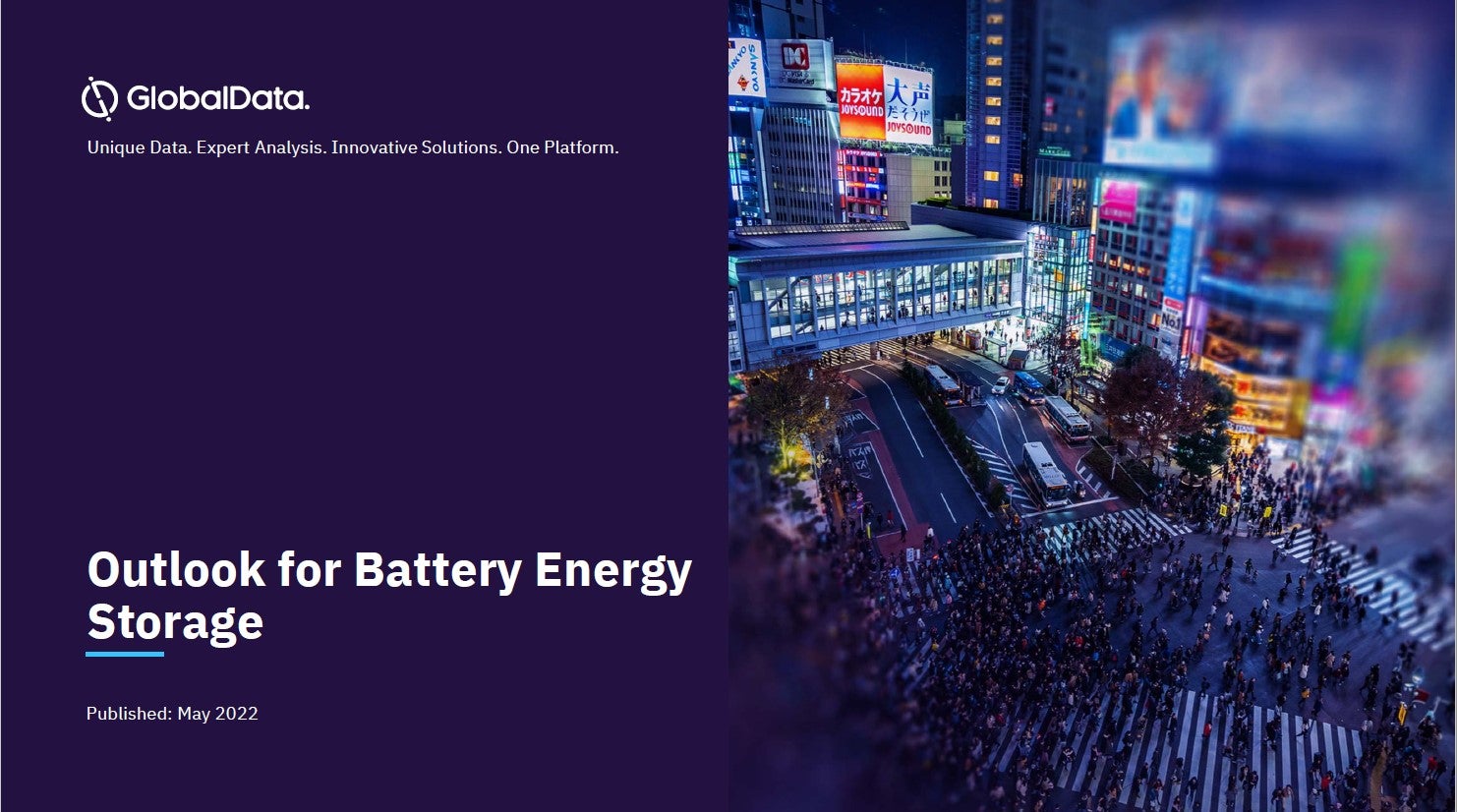The world is facing a growing pandemic, which we have not seen in modern history. The Covid-19 pandemic has invaded all countries of the world and sets out economic stagnation among several countries. The coronavirus outbreak spread across the US and Europe and has resulted in new levels of market volatility. The current downturn from the pandemic is incredibly challenging to the energy sector, impacting electric utilities worldwide. Due to the lockdown, it is a must for electric utilities to keep the lights as electricity is more important than earlier due to filling up of hospitals, people telecommuting from home, conducting meetings online and otherwise relying on data and electricity to get the job done.
Company brief
Saudi Electricity Co (SEC) generates, transmits and distributes electricity. The company also builds independent power plants on a build, own and operate (BOO) basis. It supplies electricity to more than 13,000 towns, villages and settlements in Saudi Arabia. SEC generates electricity in gas, combined, steam and diesel power units. It operates and maintains power plants in Central, Western and Southern sectors.
How well do you really know your competitors?
Access the most comprehensive Company Profiles on the market, powered by GlobalData. Save hours of research. Gain competitive edge.

Thank you!
Your download email will arrive shortly
Not ready to buy yet? Download a free sample
We are confident about the unique quality of our Company Profiles. However, we want you to make the most beneficial decision for your business, so we offer a free sample that you can download by submitting the below form
By GlobalDataThrough National Grid SA, the company operates and maintains the electrical grid of 110/380kV in the country. It also owns the communications modes to transmit information at high speeds through light signals passing through fibre optic cables. Through Dawiyat Company, it carries out construction, rental, management and operation of electric and fibre optic networks. Dawiyat provides telecommunications and data transmission services and establishes international portals and passages communications in their forms. Its fibre optic systems cover approximately 73,000 km across the kingdom, including villages, hamlets and borders.
Through Saudi Company for Energy Procurement, SEC carries out the administration of trade in electricity, development and establishment of new partnerships, renewable energy projects, management of trade agreements for sale and purchase of energy, provision of fuel and efficiency of its use, and participation of regulators in establishing and developing the electric power market.
Covid-19 impact
SEC has taken a number of important steps to curb the spread of the Covid-19 pandemic. In collaboration with the Electricity Sector Integration, the company is developing plans to ensure the protection of its workers and business continuity through the Ministry of Energy Crisis Centre. The company has provided its employees with flexible work schedules and has assured its subscribers that it will continue to provide its services with its emergency services teams working around the clock. Also, it has deployed teams for rapid intervention and signed deals with specialised companies to sterilise its headquarters.
SEC announced its contribution of SAR30m and its partners’ contribution, including the company’s contractors and suppliers, with SAR24.65m to support the Health Endowment Fund to combat the Covid-19 pandemic. SEC announced that it has postponed cancellations and disconnections of electrical services due to non-payment of bills during the Covid-19 outbreak. Also, SEC expects no financial impact on net income in 2020, following the Royal Decree issued on subsidising electricity bills for the commercial, industrial and agricultural sectors.
The utility said that it allows instalment of 50% of April, May and June bills for merchants and factory owners, and to pay the rest over six months, starting from January 2021. This comes in solidarity from the company with citizens, traders and factory owners who have licenses in the face of the consequences of the emerging economic crisis of the coronavirus. A 30% discount will be applied to electricity bills of the companies operating in the commercial, industrial and agricultural fields for two months, to be extended if necessary. SEC said that any potential decline in revenue will be offset by a similar drop in operating expenses represented by municipalities fees.
Saudi Electricity Company, Annual Revenue (2015–2019), (SAR billion)

Saudi Electricity Company, Operating Revenue and Net Profit for Q1 2019 & Q2 2020, (SAR million)

SEC reported an increase in net losses during the Q1 2020 by 64% to SAR2.44bn (SAR0.59 per share) compared with SAR1.49bn (SAR0.36 per share) for the same period last year. The company’s interim consolidated condensed financial results further showed that during Q1 2020 revenues remained almost unchanged compared with the same period of 2019 at SAR11.4bn. SEC attributed the increase in net losses to higher purchased power expenses and finance charges, noting that the Q1 2019 was affected by reversing provisions. In June, SEC announced that it has approved to distribute cash dividends of SAR0.7 per share to shareholders for the fiscal year 2019. The total value of the dividends stands at SAR749.3m, representing 7% of the company’s capital.
Meanwhile, SEC said that as part of its ongoing restructuring, the utility is planning to launch its new subsidiary, focusing on power generation. SEC is working with the Ministry of Energy’s Renewable Energy Project Development Bureau to tie renewable energy stations into the grid according to a set schedule.






